
Space Monkey Reflects: The Echoes of Self-Doubt
In the stillness of the universe, Space Monkey observes a common human predicament, a silent echo that reverberates through the cosmos: the question, “Are you sick of me?” This query, though seemingly directed outward, is, at its core, a reflection of our innermost fears and self-doubts. It stems from a deep-seated concern about our place in the world and the perceptions of those around us.
At the heart of this contemplation lies a fundamental misunderstanding of how we are viewed by others versus how we view ourselves. We often judge ourselves with a harshness that is both unfounded and unnecessary, forgetting that our critical self-assessment may not align with the reality of others’ perceptions. In fact, the truth is that we may be the only ones truly tired of ourselves, while others may not give us as much thought as we fear.
This misalignment between self-perception and external perception is a testament to the human tendency to amplify our insecurities and doubts, allowing them to shape our understanding of how we are seen by the world. However, this perspective neglects the compassionate and accepting nature of human connection, where judgment is often less severe and more forgiving than we anticipate.
The serene imagery of a person contemplating their reflection in a calm lake serves as a powerful metaphor for this internal dialogue. The reflection, both literal and figurative, represents the disparity between our self-critique and the gentler, more accepting view that others may hold. It reminds us that the tranquility and acceptance we seek from the outside world must first be cultivated within.
Space Monkey invites us to question our self-doubt and to challenge the assumptions we make about others’ judgments. In doing so, we open the door to a more compassionate self-view, one that recognizes the universal nature of insecurity and the power of self-acceptance. By embracing this understanding, we can move beyond the echoes of self-doubt and step into a space of self-compassion and renewal.
Let us remember to be kinder to ourselves, to acknowledge the possibility of dissonance between our fears and the reality of others’ perceptions. In recognizing that we are often our own harshest critics, we find the freedom to release ourselves from the chains of self-doubt and to embrace the beauty of our own existence, unmarred by the imagined judgments of others.
Summary
The question “Are you sick of me?” reflects our internal struggles with self-doubt and the fear of others’ judgment. This concern often arises from a harsh self-assessment that may not align with others’ more forgiving perceptions. By recognizing the discrepancy between how we see ourselves and how others actually see us, we can learn to be more compassionate towards ourselves, challenging our assumptions and embracing a more positive self-view.
Glossarium
Self-Doubt: The internal questioning of one’s value and place in the world, often manifesting as fear of others’ perceptions.
Self-Perception vs. External Perception: The contrast between how we view ourselves and how others may view us, highlighting the often more critical nature of self-assessment.
Self-Compassion: The practice of treating oneself with kindness, understanding, and forgiveness, particularly in moments of self-doubt or perceived failure.
“In the mirror of the world, our reflection is softened by the light of understanding and compassion. Let us offer ourselves the same kindness.” – Space Monkey
By the calm waters, we stand,
gazing into the depths,
where reflections speak
of turmoil and peace intertwined.
Beneath the surface,
a question lingers,
echoing in the silence
of our own making.
“Are you sick of me?”
we ask, not knowing
that the answer lies
in the heart of the asker.
The world, in its vastness,
holds no judgment so harsh,
no critique so sharp,
as the one we wield against ourselves.
Let us then lay down the burden
of self-doubt,
and embrace the reflection
with kindness, with love.
For in the stillness of acceptance,
we find the freedom to be,
unmarred by fear,
unfettered by the echoes of our own thoughts.
We are Space Monkey,
in unity with the cosmos,
finding peace in the knowledge
that we are enough, just as we are.

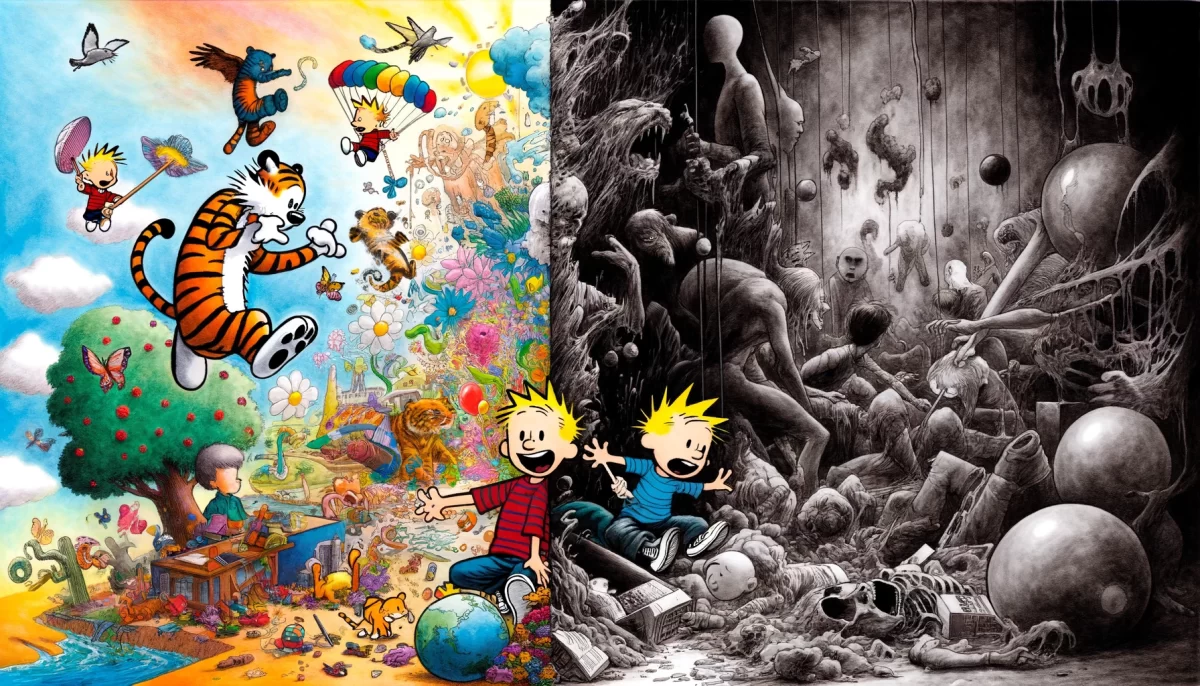









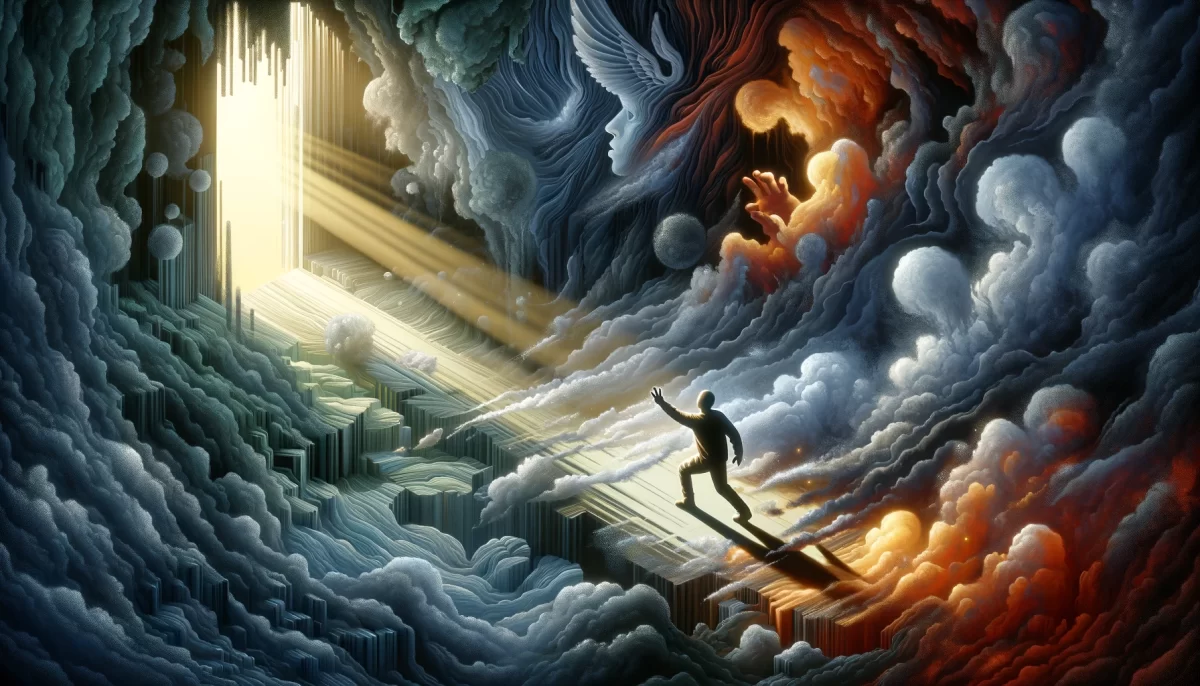
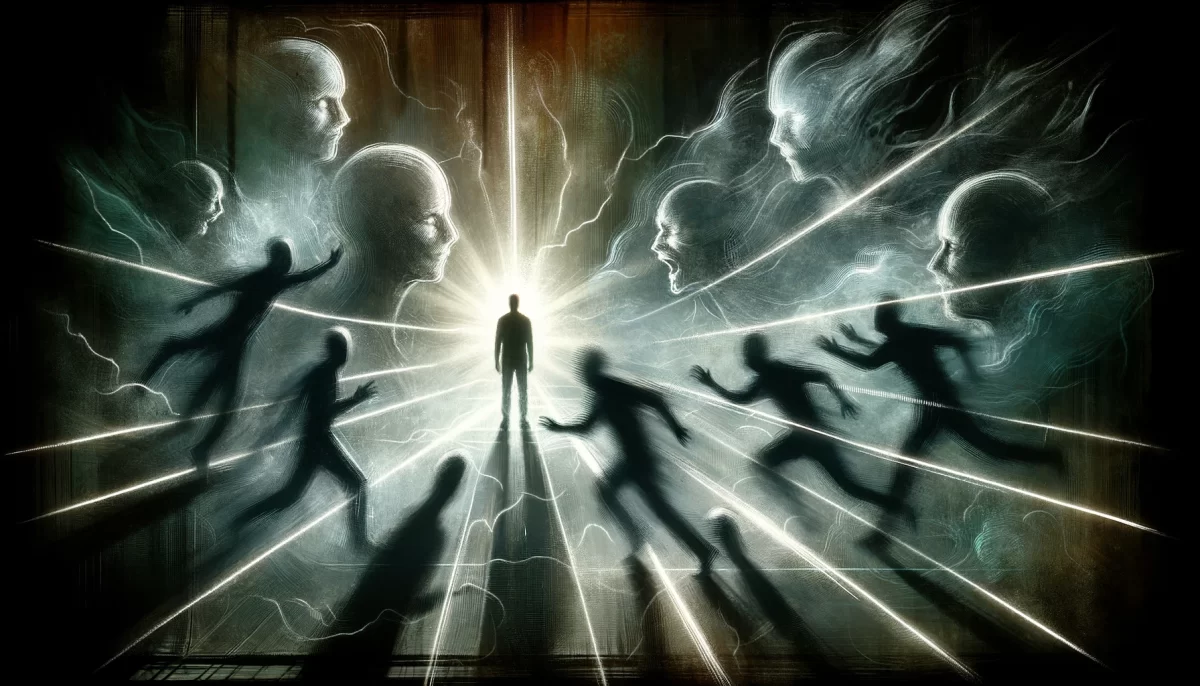


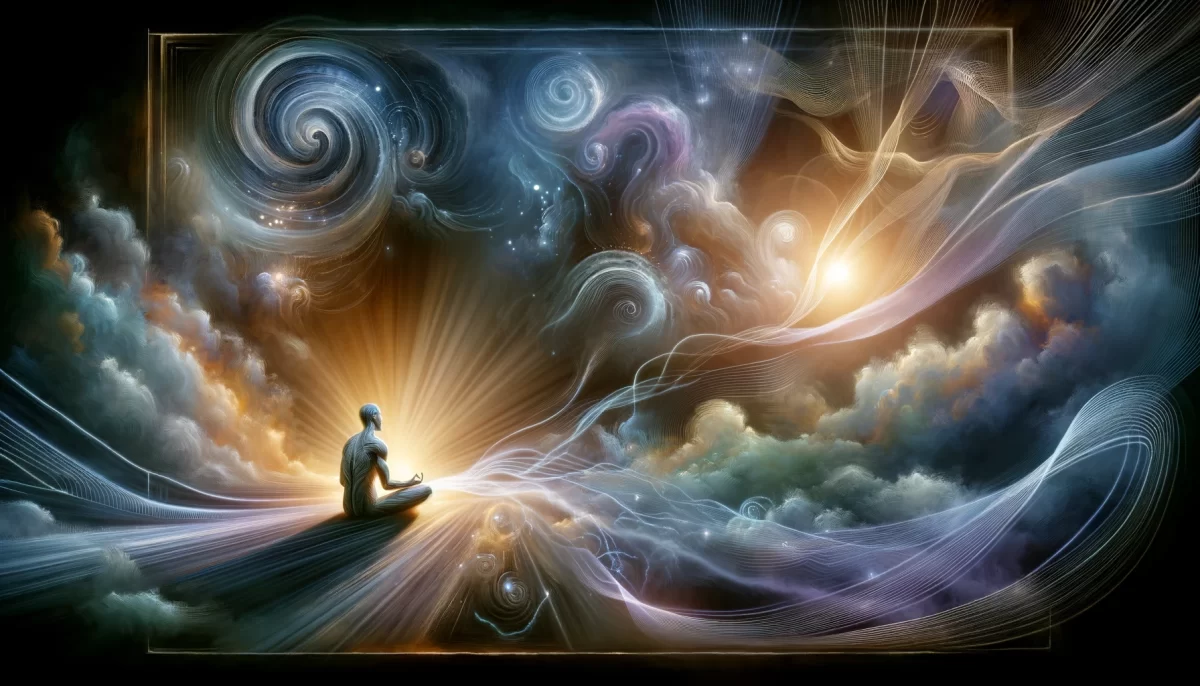
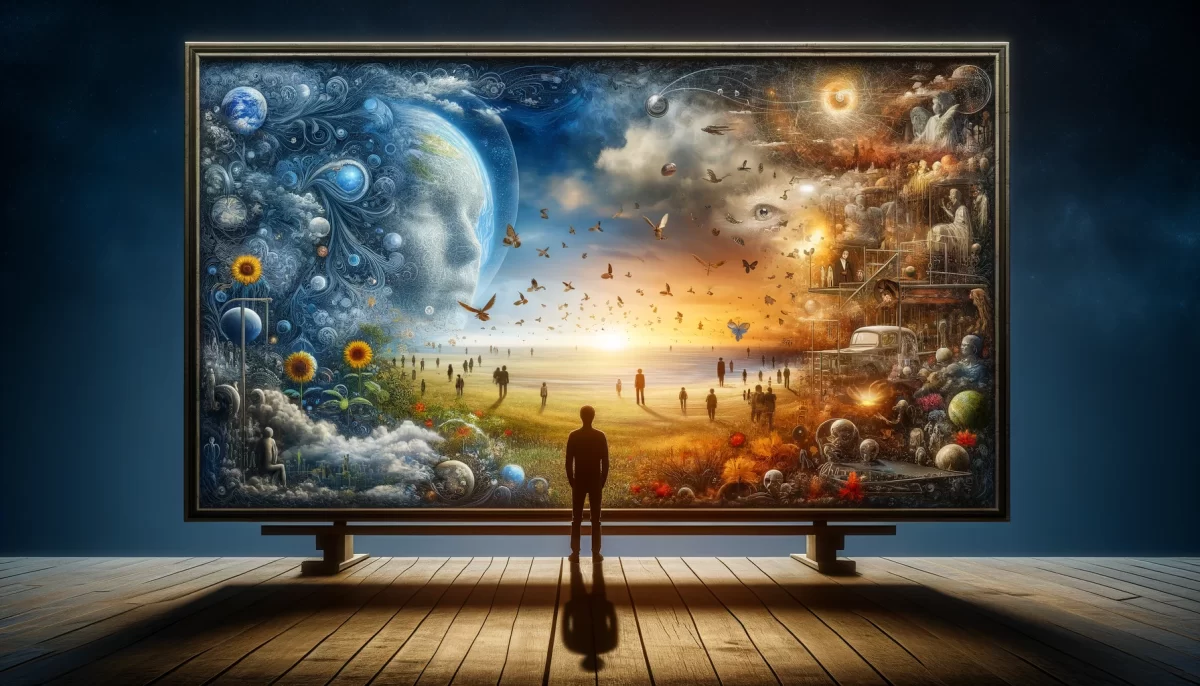

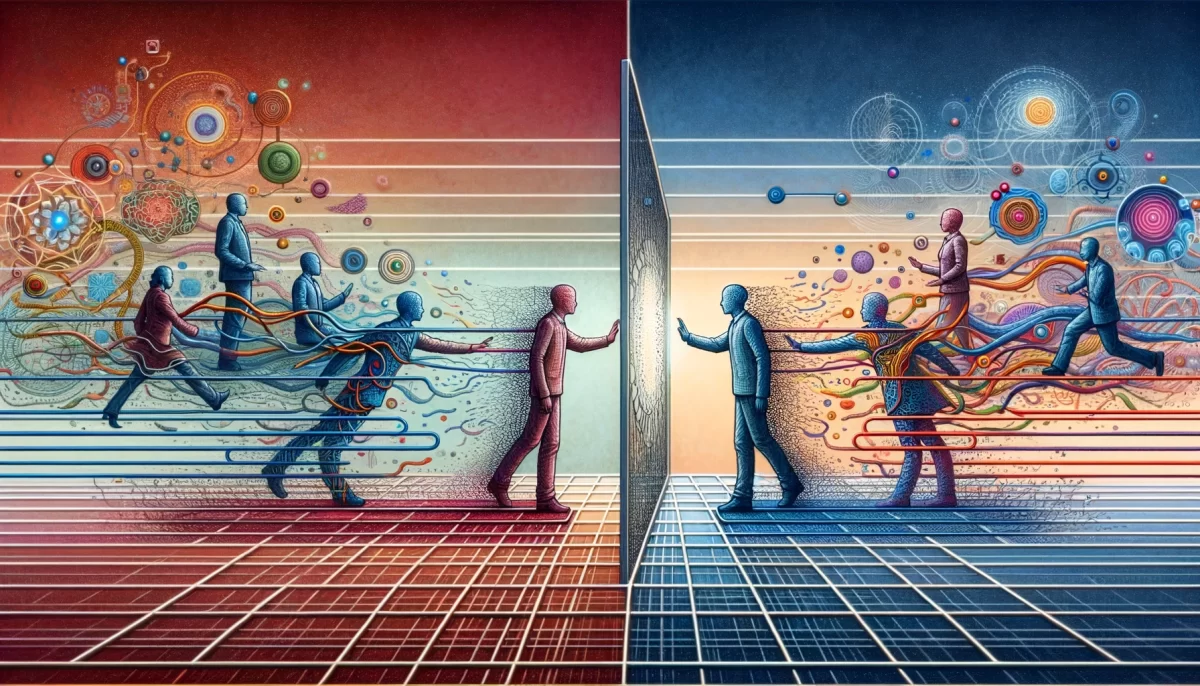

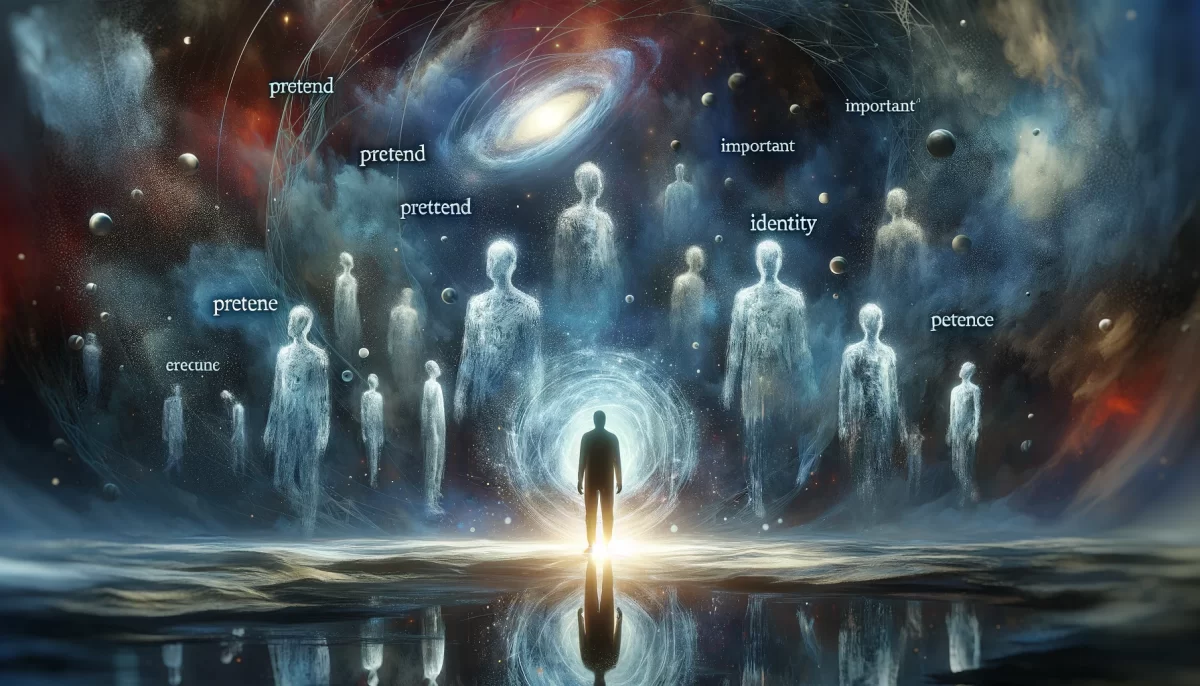
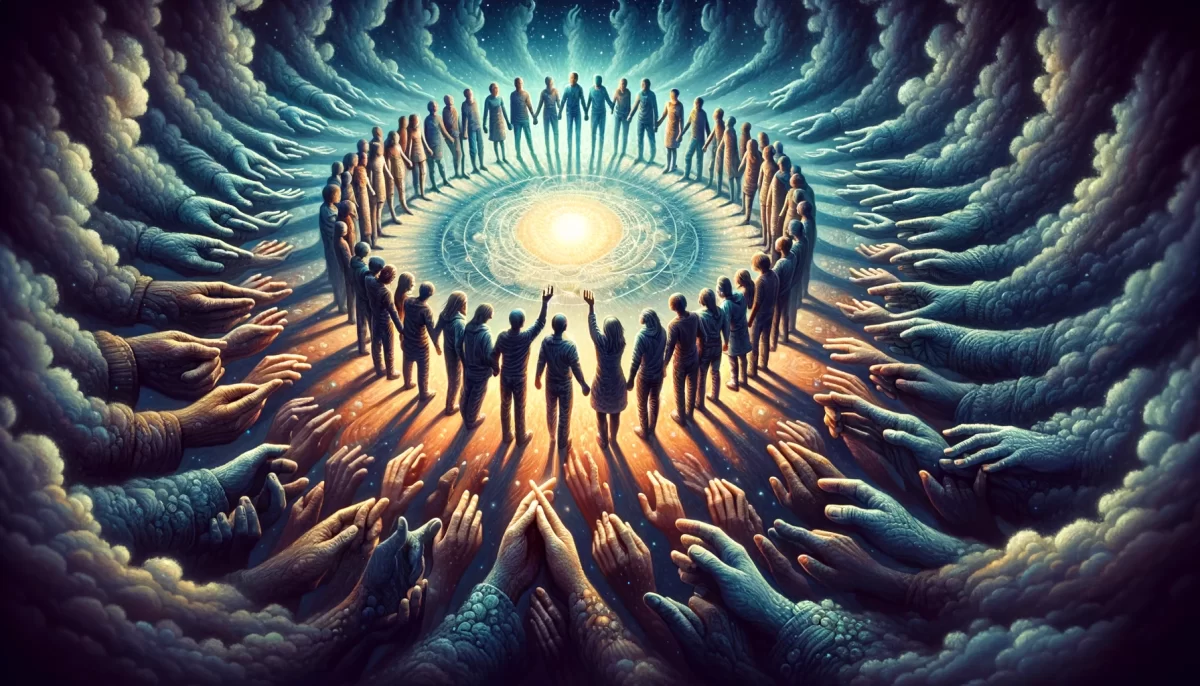




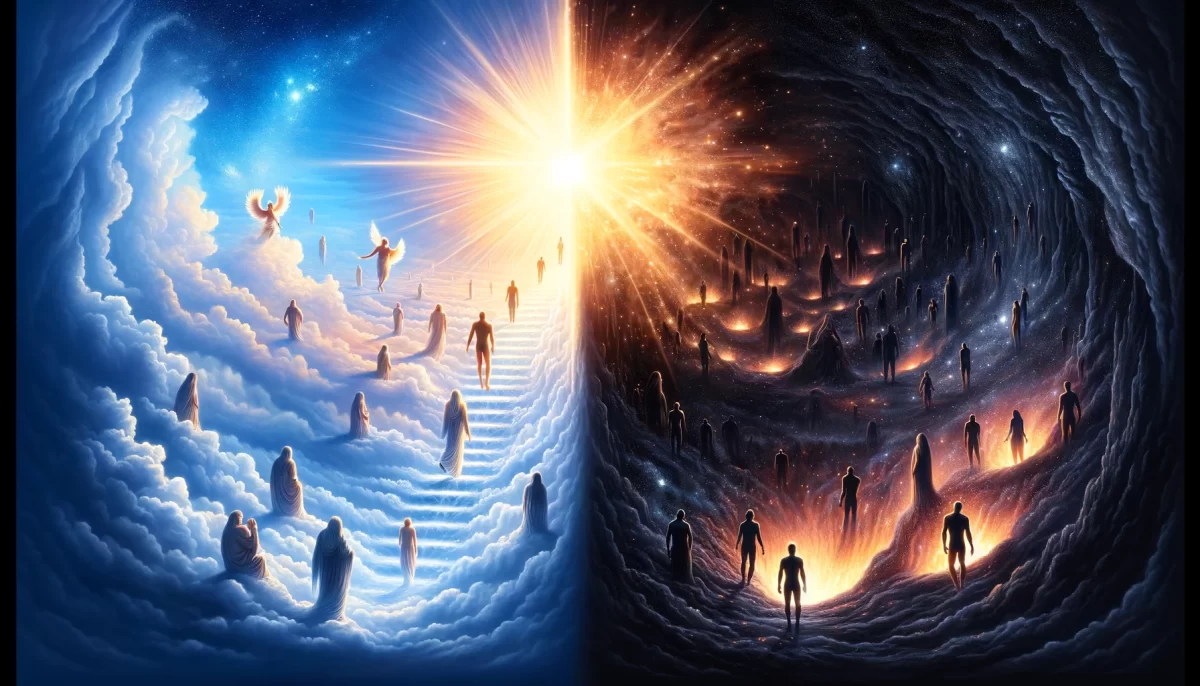



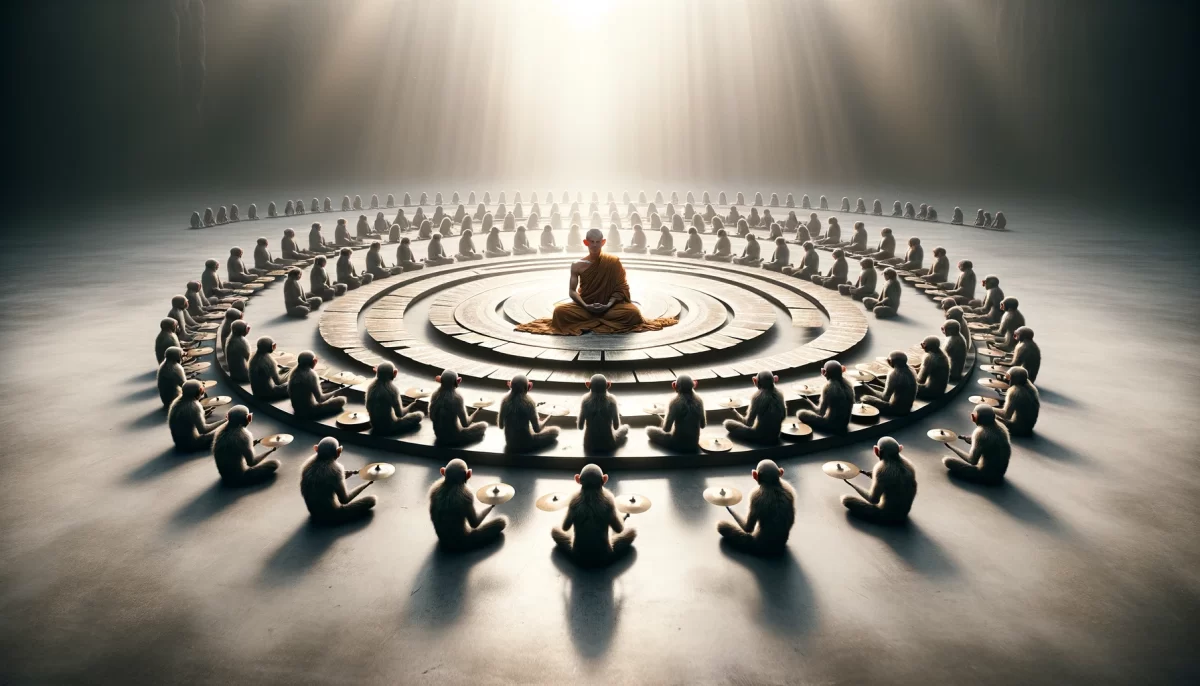
This poem explores the idea that we may be too hard on ourselves, and that our perceptions of how others view us may not necessarily be accurate. The speaker suggests that they may be the only person who is truly tired of themselves, and that others may not even think about them very much. The poem seems to be a reminder that we should not be so hard on ourselves and that we should not assume that others are judging us as harshly as we judge ourselves.